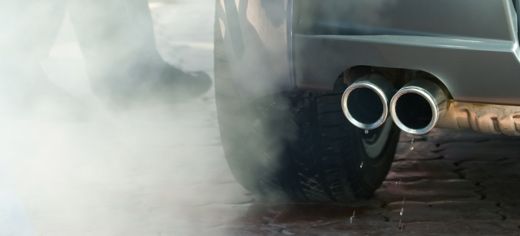
Soot's impact on climate change underestimated
Soot is the second largest man made contributor to global warming and its influence on climate has been greatly underestimated, according to the first comprehensive analysis of the problem.

Soot is the second largest man made contributor to global warming and its influence on climate has been greatly underestimated, according to the first comprehensive analysis of the problem.

Eating meals together as a family, even if only twice a week, boosts children's daily fruit and vegetable intake to near the recommended 5 A Day, according to researchers at the University of Leeds.
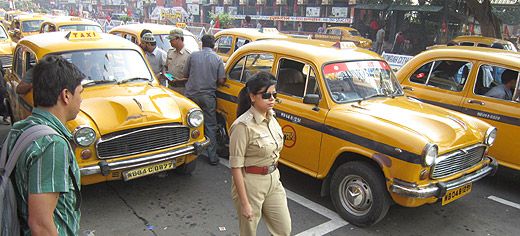
University of Leeds researchers will take part in a major programme to spur investment in environmentally-friendly development in Kolkata, one of the world's largest metropolises.
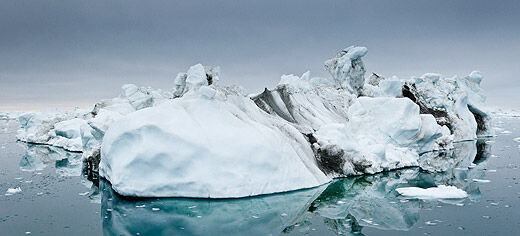
An international team of satellite experts has produced the most accurate assessment of ice losses from Antarctica and Greenland to date, ending 20 years of uncertainty.
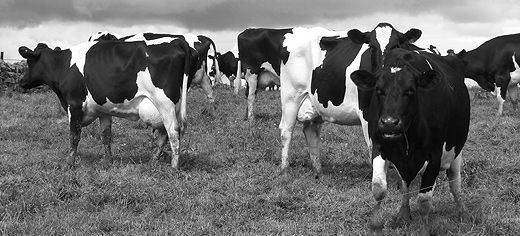
University of Leeds scientists will take part in a £5.6 million project to develop new methods for controlling foot-and-mouth disease.
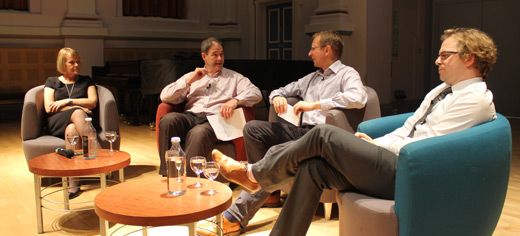
Low carbon technologies such as solar power could support almost the entire global economy by 2050, environmentalist Jonathon Porritt told an alumni audience at the University of Leeds last night.
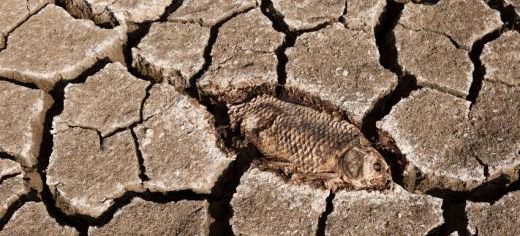
Scientists have discovered why the 'broken world' following the worst extinction of all time lasted so long - it was simply too hot to survive.

Hospital superbugs can float on air currents and contaminate surfaces far from infected patients' beds, according to University of Leeds researchers.
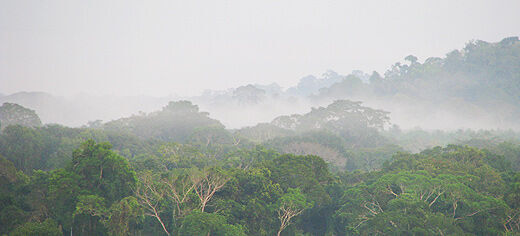
University of Leeds-led research has used tree rings from eight cedar trees in Bolivia to unlock a 100-year history of rainfall across the Amazon basin, that contains the world's largest river system.

Critically low water levels in many rivers could lead to the partial collapse of food webs that support aquatic life, according to a study co-authored by a University of Leeds researcher.